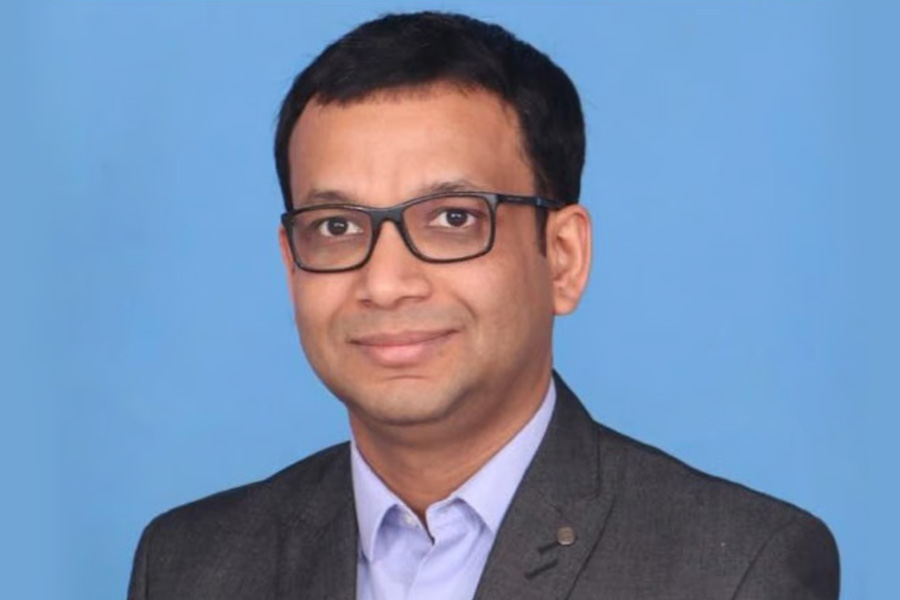
In this interview, Shadan Farasat advocates for an inclusive judicial system that is sensitive to cultural differences to promote justice and increase public confidence in the Indian judiciary.
Authors
Sanya D. Kishwar, Assistant Professor, Jindal Global Law School, O.P. Jindal Global University, Sonipat, Haryana, India.
Surabhi Singh, BML Munjal University, Gurugram, India.
Himani Nandal, O.P. Jindal Global University, Sonipat, Haryana, India.
Summary
The importance of ‘cultural competence’ comes prominently into play within the Indian legal landscape, when matters before the judiciary require a specific level of cultural expertise for effective adjudication. Such cases pose challenges due to the need for a comprehensive understanding of India’s many languages, traditions, and customs, highlighting how crucial it is for judges and advocates to appreciate cultural diversity to ensure equitable outcomes.
Our interview with Advocate Shadan Farasat adds to the ongoing debates over the necessity for cultural competence in legal proceedings. In this interview, he advocates for an inclusive judicial system that is sensitive to cultural differences to promote justice and increase public confidence in the Indian judiciary.
Published in: Jindal Global Law Review
To read the full article, please click here.

